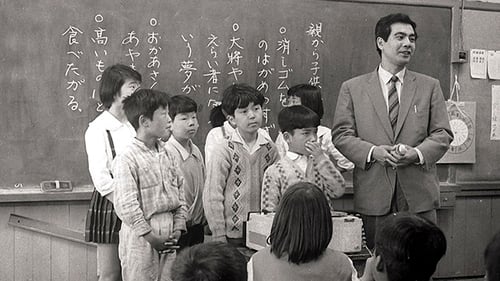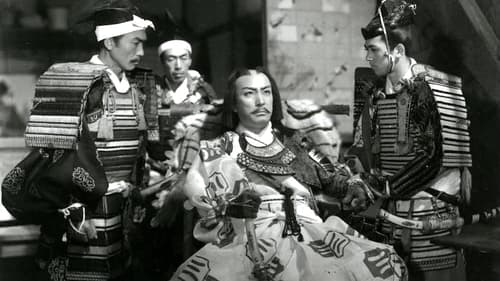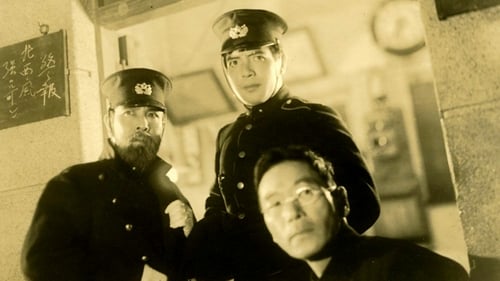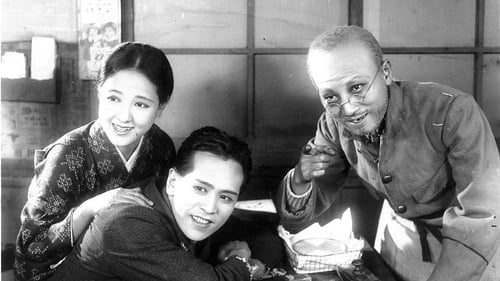Kôju Murata
Nacimiento : 1899-02-24, Yamagata Prefecture, Japan
Muerte : 1958-12-15

The tale of a feudal swordsman who cynically takes no responsibility for anything, relegating it to others, and then taking the credit.

Fourth film of the Bannai Tarao series starring Chiezo Kataoka

A small-town boy with a learning disability attempts to fit in with his classmates.

Set in the late thirteenth century, this film depicts the defense of southern Japan led by the Kono clan against the Mongol invasion in 1281.

A band of guerrillas fight against occupying British forces in Malaya.

There is an inn named Asano Ya in the port town, and a beautiful woman works there. Every year, during a local festival, travelling artists and teachers gather from all over the country, including sesame oil sellers and organ grinders. The day before the festival, trouble arises with some horses.

En 1936, el director Tomu Uchida llevó al cine la primera parte de la novela El teatro de la vida, que basándose en el retrato de la corrupción de un hombre y la mujer que desairó, se centra en la juventud del personaje.

Butatsune
Chiyokichi, a young man, hates Cooper, a white man who looks down on the Japanese. Chiyokichi picks Cooper’s pocket and is caught. He is brought to Cooper’s house and becomes his slave, and a riveting tale of passion, hatred, and revenge unfolds.

Yamamura
Itami, a young policeman, meets his high school friend, Tetsuo, a gangster, at a roadblock. As they rekindled their friendship, a complex relationship is established between them.

Lost film, directed by Tomu Uchida. This film is a very funny comedy that makes fun of the moral code of the samurai Bushido, which has become obsolete and turned into an empty form during the period of feudalism.

Tōjin Okichi is a 1930 film by Kenji Mizoguchi based on the novel by Gisaburo Juichiya. Only 4 minutes have survived. The fragment has been published on DVD coupled with The Downfall of Osen (1935) by Digital MEME in 2007.

Misao Koriki
While returning by boat to Japan, Yoshie Fujiwara meets a rich woman who suggests him to become a singer thanks to an impresario friend of hers.

Senta
Sweat (1929) is a slapstick riff on tendency-film themes, as a bored young millionaire has his clothes stolen by a tramp; dressed in the tramp’s clothes, he has to accept work as a labourer. As the hero ends up building the mausoleum he had himself commissioned.

(as Kôju Murata)

Kusaka
The Morning Sun Shines is a fiction-documentary film by Kenji Mizoguchi and Seiichi Ina. The film is a combination of a drama about a reporter, and documentary footage about newspaper production. Only 25 minutes of footage has survived.









